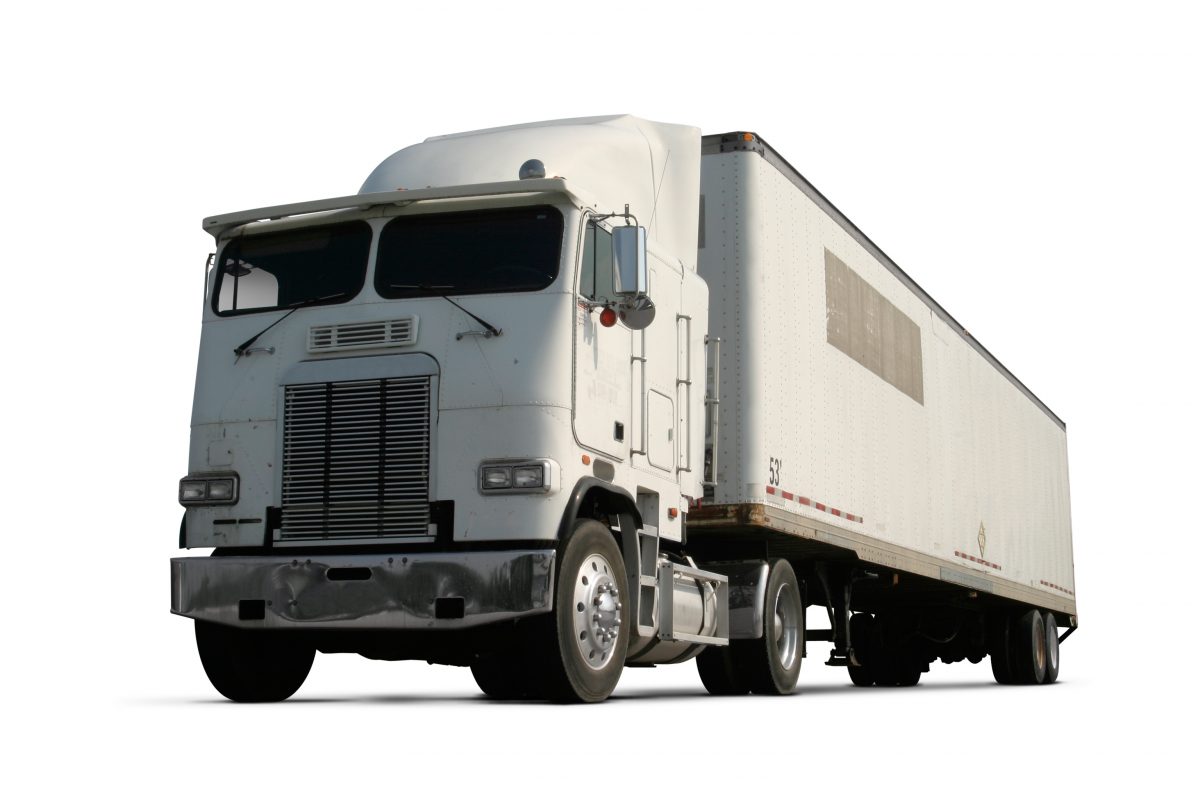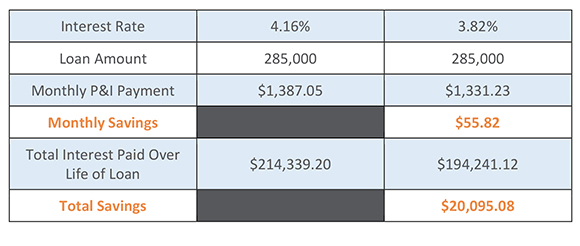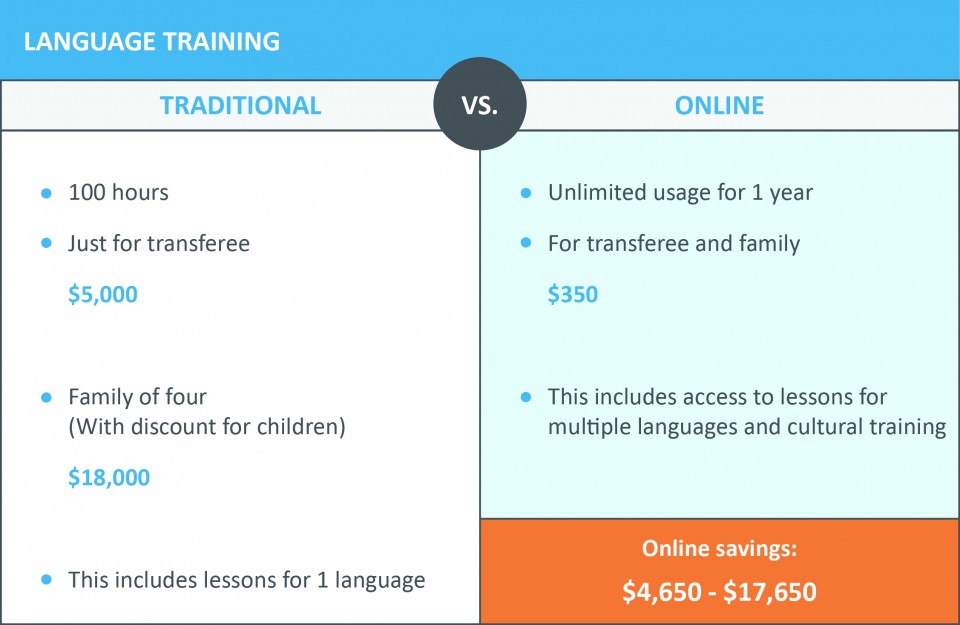Relocation Cost Savings
To have the most successful and efficient workforce mobility program, mobility specialists and HR professionals should regularly evaluate their company’s relocation costs, benefits, and policies in order to uncover cost savings or areas in your relocation policies that may need improvement. Many companies manage their relocation needs in-house while others use relocation management companies to mobilize their workforce. Relocation policies should be reviewed with regularity to assure the company is spending wisely and saving money where possible.
GMS makes this process simple with our industry-leading MyRelocation® technology. In addition to its client and employee-facing portals, MyRelocation® offers a suite of tools designed with your needs in mind.
GMS is happy to announce our new Relocation Cost Savings Calculator. This easy-to-use tool provides companies with insight as to how much they could be saving when it comes to their current relocation program. If it has been a while since your company’s policies have been reviewed, or you are just starting to look into mobility services, this calculator can help determine your organization’s potential cost savings.
It is not uncommon for companies to go years without changing or updating their relocation policies. While common, this practice can add up to serious costs over time as the direct costs related to relocation benefits react to various factors. Transportation prices change, home prices fluctuate, temporary housing costs increase, and the cost of living is constantly changing. To assure that your company is saving the most money while giving your employees the best relocation experience possible, it is important to check in on how you can be saving.
Calculating your Relocation Cost Savings
The innovative GMS Relocation Cost Savings Calculator looks at a range of common relocation program areas for cost-saving opportunities. With a user-selectable option for companies who handle mobility in-house or with an outsourced relocation management company. Key mobility policy elements that the calculator can highlight include:
- Program Fees
- Real Estate Services
- Household Goods Transportation and Storage
- Temporary Housing Programs
- International Relocation Services
- Program Funding
The Cost Savings Calculator is quick and easy to use, and once various data points are input, the relocation calculator will compute your potential savings in a downloadable PDF to allow you to easily compare your current relocation costs against your potential savings. After that, a GMS Mobility Pro will reach out personally to help validate your potential relocation costs savings estimate, provide no-pressure guidance, and answer any questions you may have.
Validate Your Savings Using Our Relocation Cost Calculator
Are you ready to discover how and where your mobility program may benefit from a reduction in relocation costs? Simply complete the form below and a GMS Mobility Pro will provide you with a link to work through the tool. It is easy to use and only takes a couple of minutes if you have the right information handy.
The GMS Relocation Cost Savings Calculator is free to use and comes with no obligation and no pressure to use. Get started now to discover how much your organization could be saving today.
Ready to Calculate YOur Program Savings? Request Access Now!
Are you ready to calculate your potential relocation program savings? Request access to our easy-to-use Relocation Cost Savings Calculator. Your Mobility Pro will grant your access request within 1 business day.










